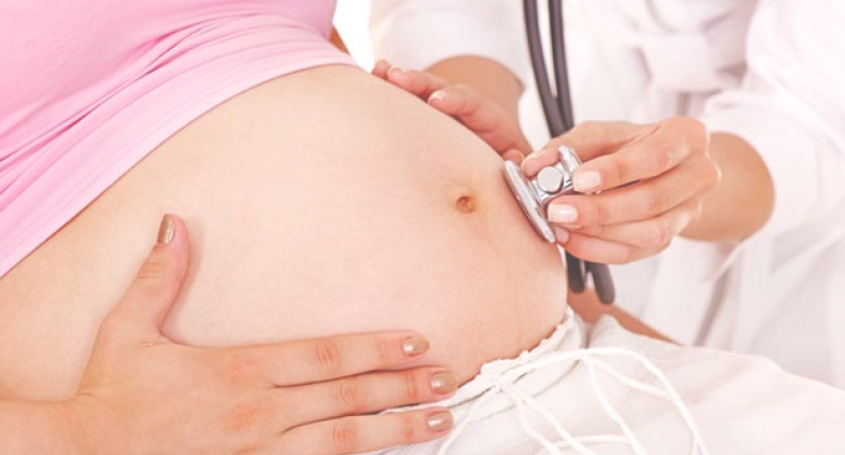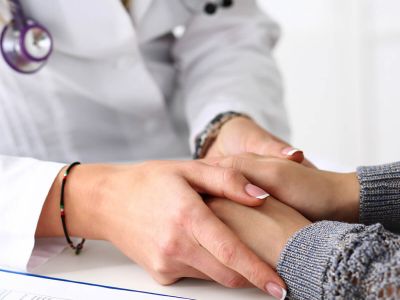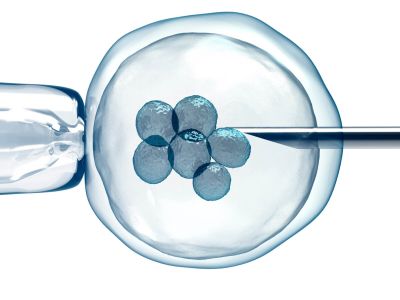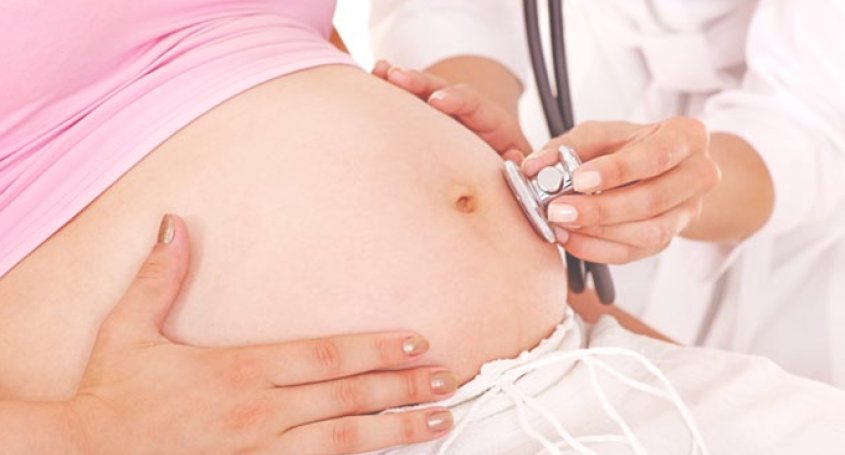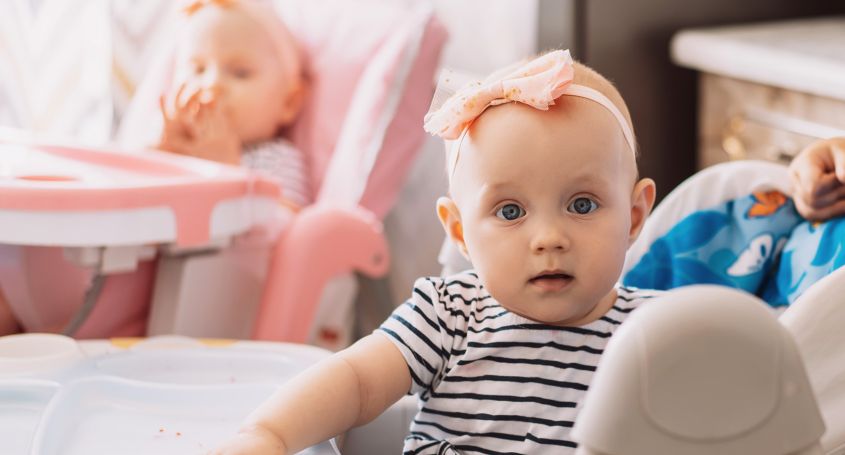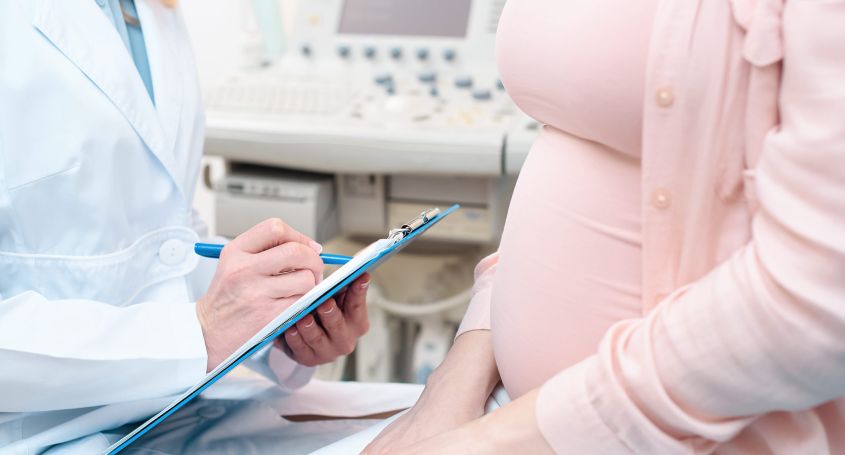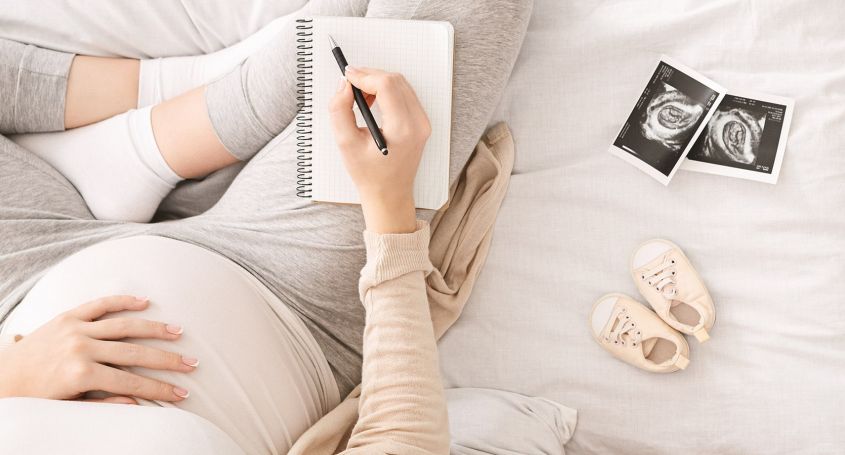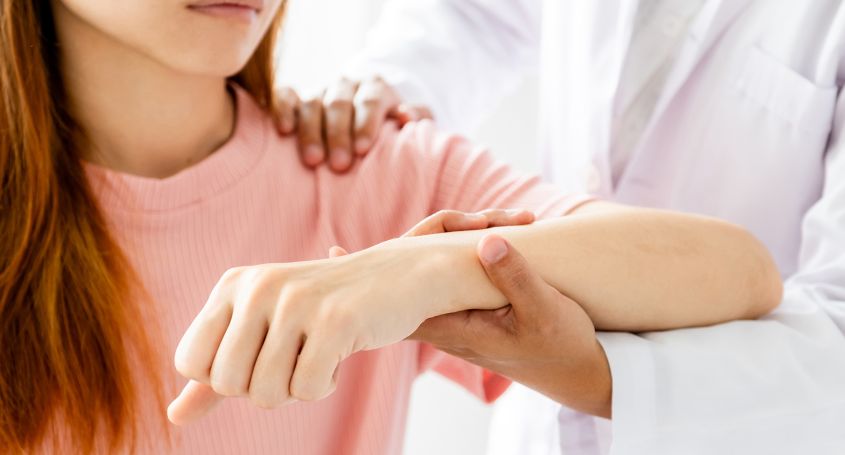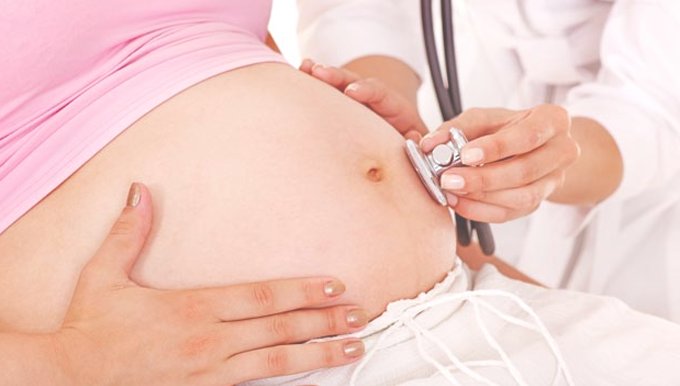
A
pregnancy reached by an assisted reproduction treatment is usually more risky than a natural one. This is due to three factors:
- Patients with sterility problems are older than women who get pregnant in a natural way.
- More multiple pregnancies occur and they are riskier than a single pregnancy
- The problem that causes the sterility can sometimes mean a greater risk and more problems during the pregnancy
No study so far could prove that the use of assisted reproduction techniques should mean any higher obstetrical risk problems in itself.
How to reduce pregnancy riks
In order to reduce
pregnancy risks the medical team should aim not only to achieve a pregnancy but to do so in the best health conditions. This means to reach an ideal weight, to stabilize any hormonal problems, so as thyroids, and to avoid any toxic habits.
Age
There isn’t any age limit for getting
pregnant. Although risks are increasing with the age, this risk growth is gradual and individual, and it affects both women who get pregnant in a natural way as those who get pregnant with help.
Controls
For this reason controls for a
pregnancy achieved by an assisted reproduction treatment are must of the times the same as the ones carried out in a natural pregnancy. Obviously an older woman with a twin pregnancy implies more risks but these are not connected to the fact that the pregnancy was an assisted one.
Childbirth
One thing that is absolutely true is that the number of cesarean sections carried out is higher after a
fertility treatment. This is due to the age of the patients, who have bigger difficulties for a vaginal delivery There is also the fact that these foetus are highly valued due to the circumstances in which they were achieved, which leads to a more active conduct from the gynecologist in case the childbirth should not be a smooth one.
 A pregnancy reached by an assisted reproduction treatment is usually more risky than a natural one. This is due to three factors:
A pregnancy reached by an assisted reproduction treatment is usually more risky than a natural one. This is due to three factors:
